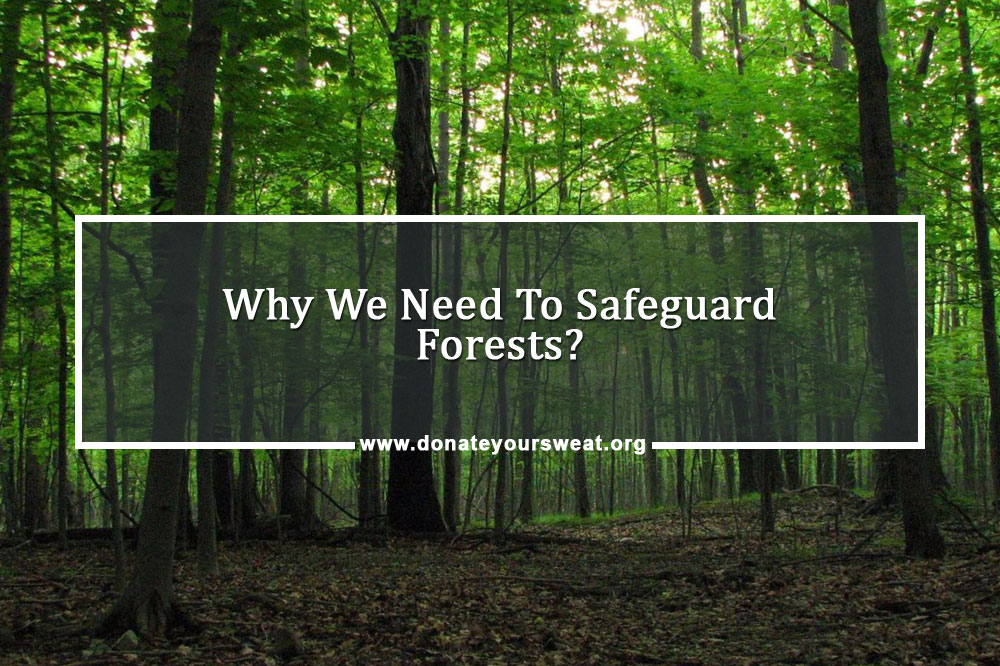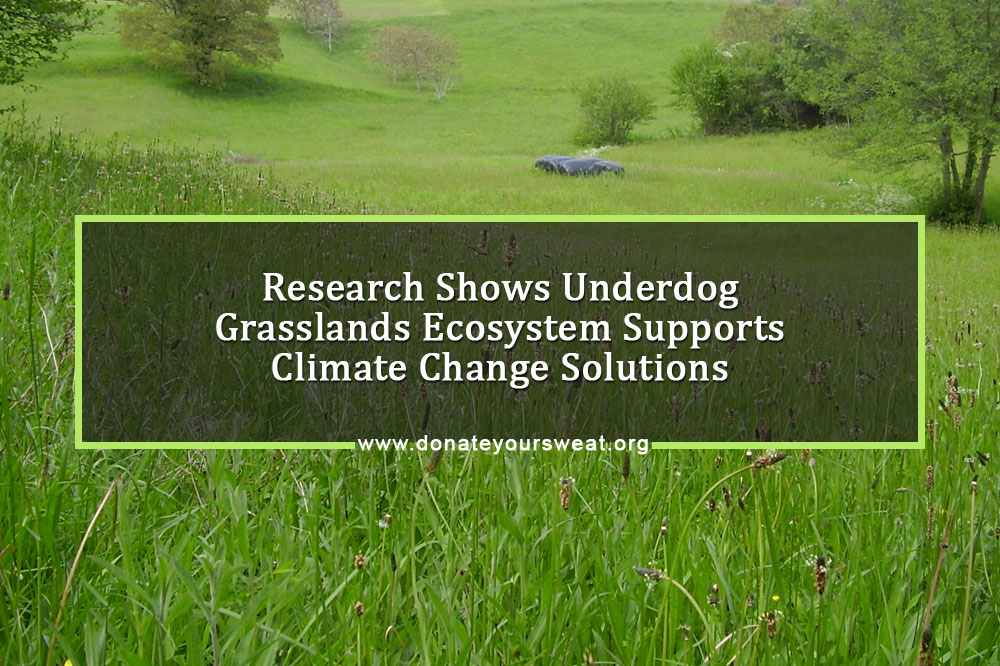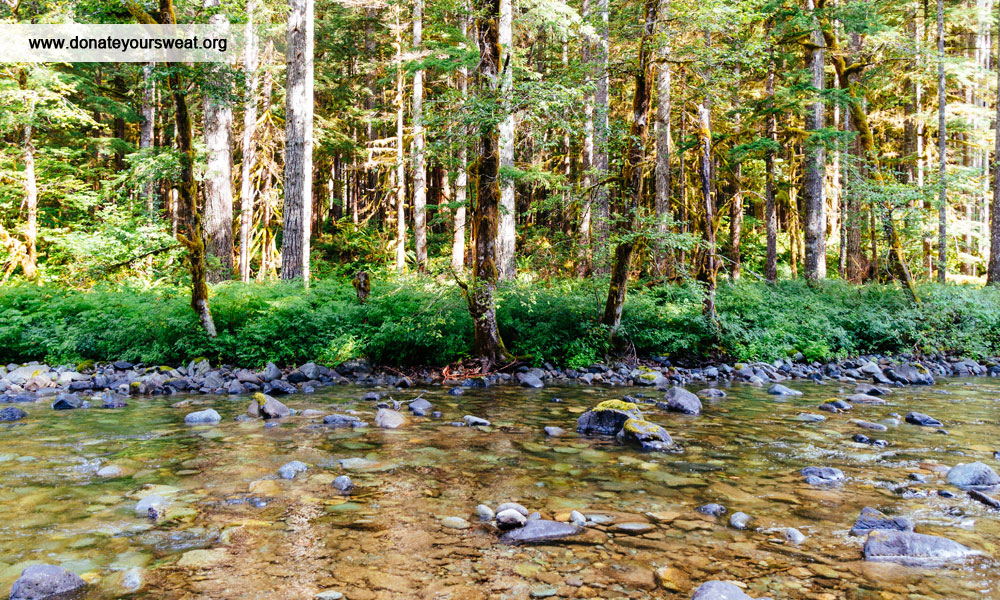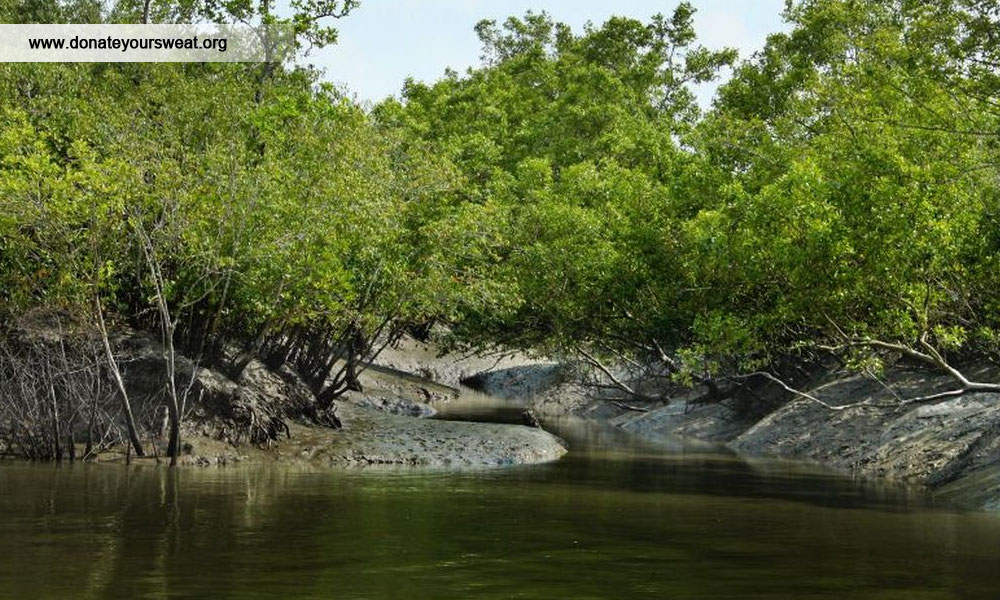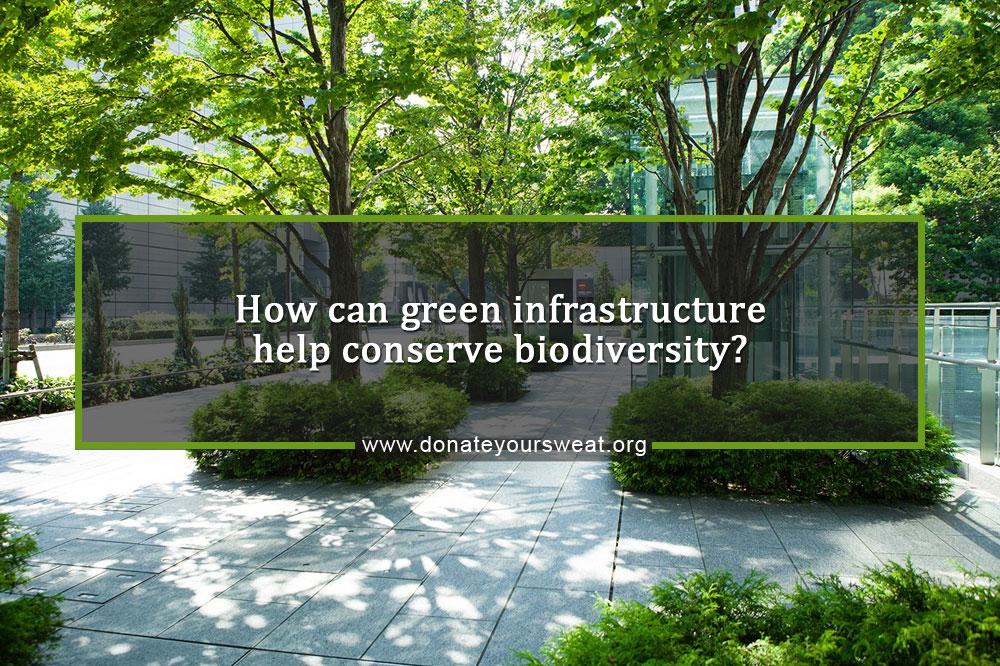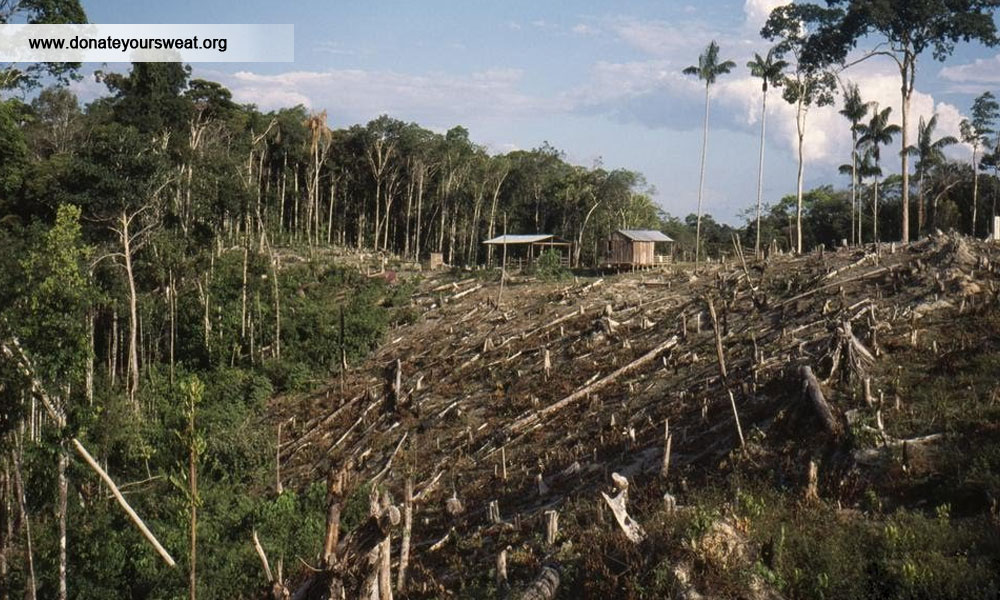Forests form the most important parts of the world’s climate system. All forms of life depend on the trees of the forests for survival: from the air to breathe, the habitats that they provide for half of the world’s animals/birds/plants, and the protection from the vagaries of climates that they offer. That one-third of the earth’s surface is covered with forests is a boon to cherish. The forests have not stopped revealing the wonders. Each year there are new forms of life that we discover from the deep recesses of the forests. For instance, Amazon alone stunned us with 400 new species between the years 2010 and 2013.
However, not many of us have realized the importance of forests and that they have to be saved. Over the last couple of centuries, we have depleted the earth of over 40 percent of its forest cover. This does not sound as scary as saying that we are destroying 33000 square kilometres of forests every year. This roughly translates to the area of five football pitches in one minute. Scarier still! The worst part is that of all the forests that are left now, only about 17 percent can claim to be properly protected.
Forests – Threats and Challenges
The destruction of forests, more often than not, is for development of humankind. Whereas some of it is legal, much of it is illegal. At the end, the stark truth is that this development is not sustainable. It is not easy to perceive the fact that there are more advantages for mankind in keeping the forests as they are. This is the aim of every forest conservation movement that there is.
That the forests absorb the carbon dioxide and store it, makes them an important link in the climate system of the world. With depleting forests, the concentrations of greenhouse gases in the atmosphere increase and these contribute to global warming. Rising temperatures kill more forests and a vicious cycle has now been set. Growing the forests once again can perhaps help to positively offset the carbon dioxide balance in the atmosphere.
Agribusiness is seen as the number one factor that spurs deforestation. Clearing up swathes of land to make more space for livestock (to provide meat) and food crops such as palm oil and soya are killing biodiversity. A perfect example is that of Brazil, which has grown to become a top exporter of beef and soya beans (used as feed for the cattle), and in the process lost a good portion of the Amazon rainforest cover. Borneo has sacrificed its peat forests, the home for orang-utans, to grow palm oil used in a majority of household and food products.
With rising population numbers, other activities that have assumed sizeable proportions and pose threats to forests include illegal felling of trees, construction of roads through forest areas and coal and bitumen oil extraction, among others.
Conservation of forests becomes important to each of us only when we realize that removal of forest trees do not mean it is only the trees that are lost. It is a whole ecosystem that will proceed to fall apart with negative consequences for all.
Forests are still important to us as they help the upkeep of ecosystems that are critical for the welfare of human beings.Therefore, in more ways than one, it is important to guard the forests and build a future where people live in more harmony with nature.

